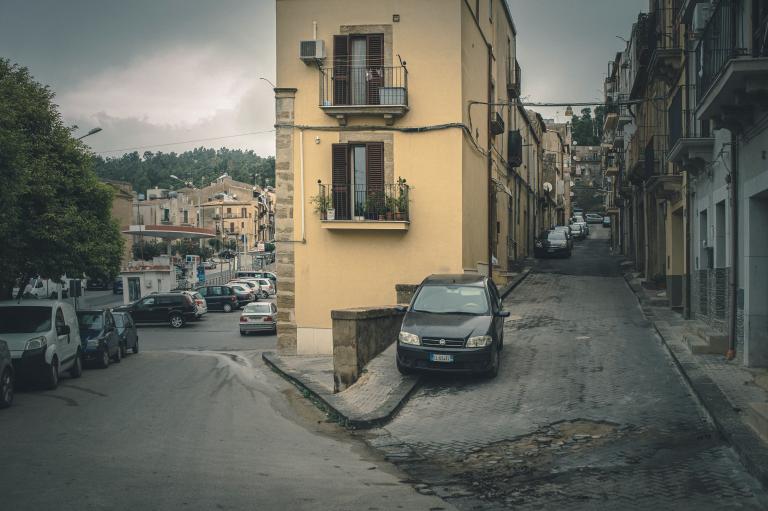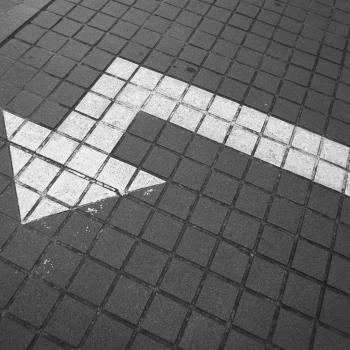In the course of the human journey, there is one significant fork in the road. We come to it all the time. Sometimes it is clear and sometimes subtle. Sometimes it is pronounced and sometimes it is hardly noticed.
This fork is the crossroads of life. It is initiated when we experience pain or discomfort. And the crossroad is the decision we make. Will we take the path of truth or falsity? Will we choose instant relief, instant gratification? Or will we take the longer, harder road, the path to delayed gratification? It is an essential choice and we make it all the time.
Our coping mechanisms are a waystation at that fork in the road. A chance for us to fuel up, empty our bladders, take a rest, look at the map and decide what to do.
Why We Have Coping Mechanisms
We develop coping mechanisms in order to avoid pain. We want to find a way around it, an easier way. So, we stop at the waystation and sprawl a map onto the hood of our car, hoping for a short cut.

There isn’t one, but that rarely stops us from trying.
Coping mechanisms are not, in and of themselves, wrong. They are self-preservation tactics, survival instincts. They have a place. They allow us to be safe long enough to evaluate the choice we are about to make.
The problem is we cannot stay there. Our coping mechanisms become problematic when they become habits. They become homes instead of temporary waystations. We start to lean on them as a way of life, an acceptable practice rather than a temporary reprieve.
Sweet Spot
So, we cannot make a home at the way station. The gas station has no bed.
One of the most important manifestations of this is the reality that there are healthy coping mechanisms and unhealthy ones. When you try to make a home in your coping mechanisms, even the healthy ones turn unhealthy, even the ones that could have been useful are turned toward your own destruction.

The temptation toward unhealthy coping mechanisms are all about time. Unhealthy coping techniques are an attempt to avoid reality rather than to investigate wisely in the midst of it.
Why would we do such a thing? It seems easier, simpler. It leads to instant gratification rather than prolonged suffering. The most healthy choices are so often exercises in delayed gratification.
So, as we are standing at that crossroads, it becomes, to some degree, a question of time. Do we want superficial distraction now, increased pain later or do we want prolonged suffering up front in order to get to meaningful joy later down the road?
We so often choose the lesser way. We choose what feels easiest, sometimes without even thinking about it. A white lie. A little alcohol to forget. But the consequences are further reaching than we anticipate. The interest is much more than we wanted to pay.
Healthy Coping Mechanisms
A healthy coping mechanism is one that is in alignment with two different things. First, it aligns with reality. Specifically, the reality that says the waystation is meant to be a waystation. Coping mechanisms should be temporary. They should be honest. They ought to treat the situation truly, accurately, as it should be.
The second thing coping techniques need to align with are your vision and values. They should be a checkpoint on the race, propelling you forward. Or, at least, giving you pause to decide if you want to propel forward. If the checkpoint is not on the path and you find yourself at the checkpoint, guess what: you are not on the path.
So, if your coping mechanisms are not aligned with truth (reality) and they are not in alignment with your vision/values, they are not healthy. They are distractions and distortions. Lies tempting you to make a home rather than truths prompting you to make a choice.












